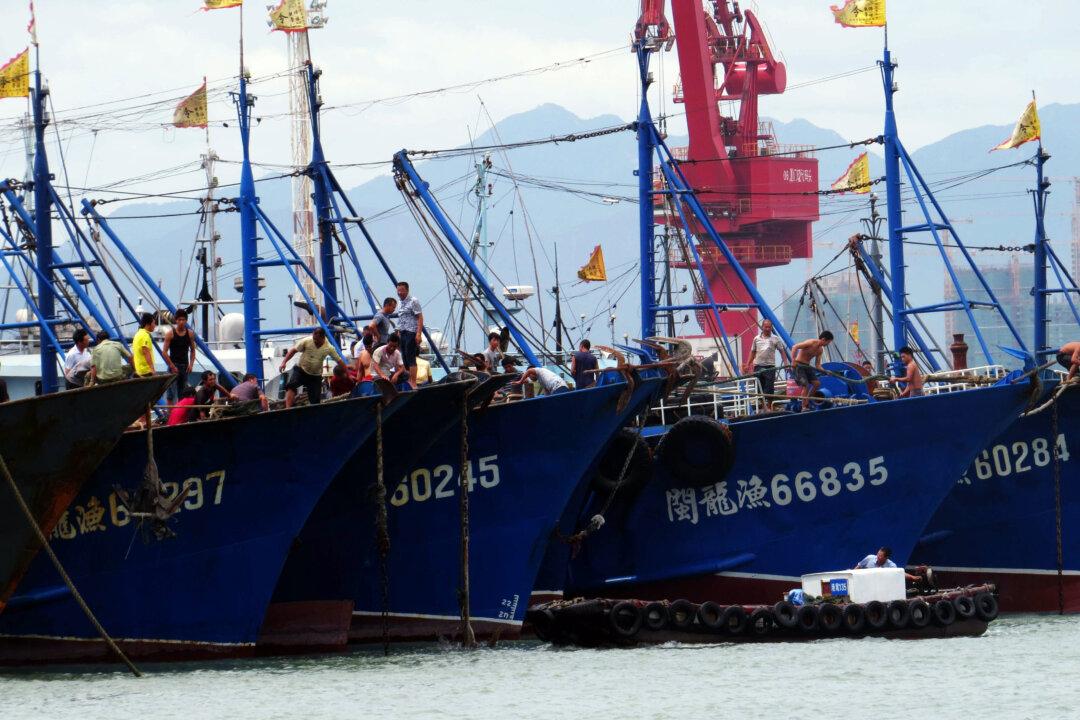Commentary
The United States on May 28 banned seafood imports from Dalian Ocean Fishing Company in China, due to evidence of the utilization of forced labor. The evidence includes four dead Indonesian fishermen on Dalian ships and secretly recorded video of their coffins being thrown overboard. Other footage that indicates forced labor at sea includes a fisher too weak to walk, who reportedly later died and was thrown overboard near Somalia. One fisher was found dead in a freezer in July 2020. The next month, three Indonesians were filmed begging for rescue from a Chinese fishing boat.





